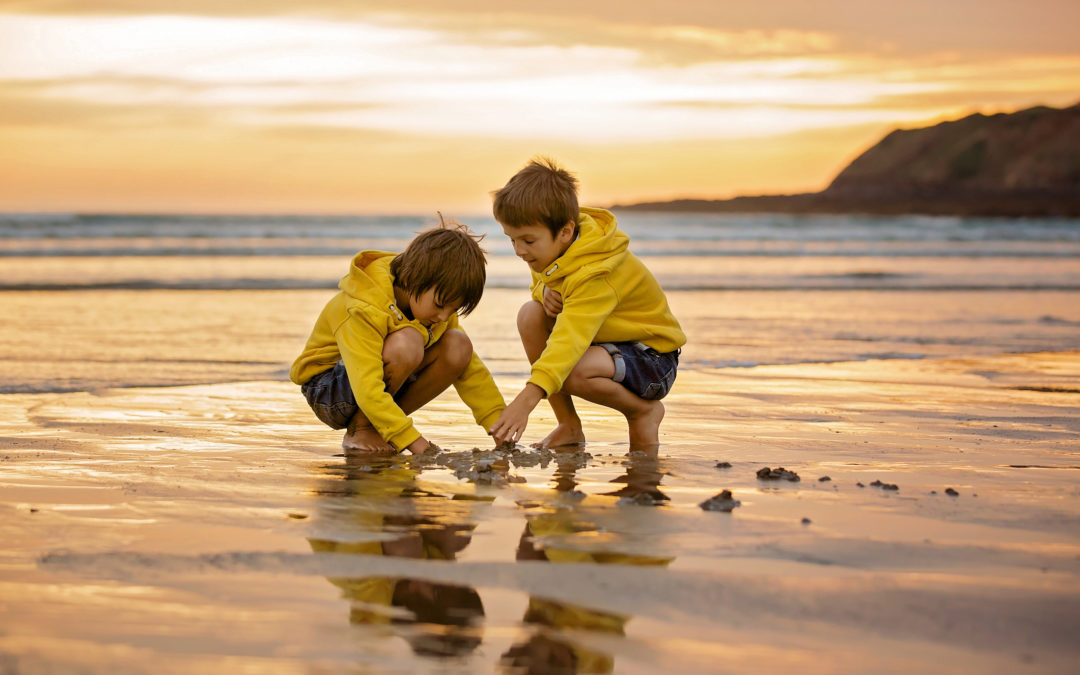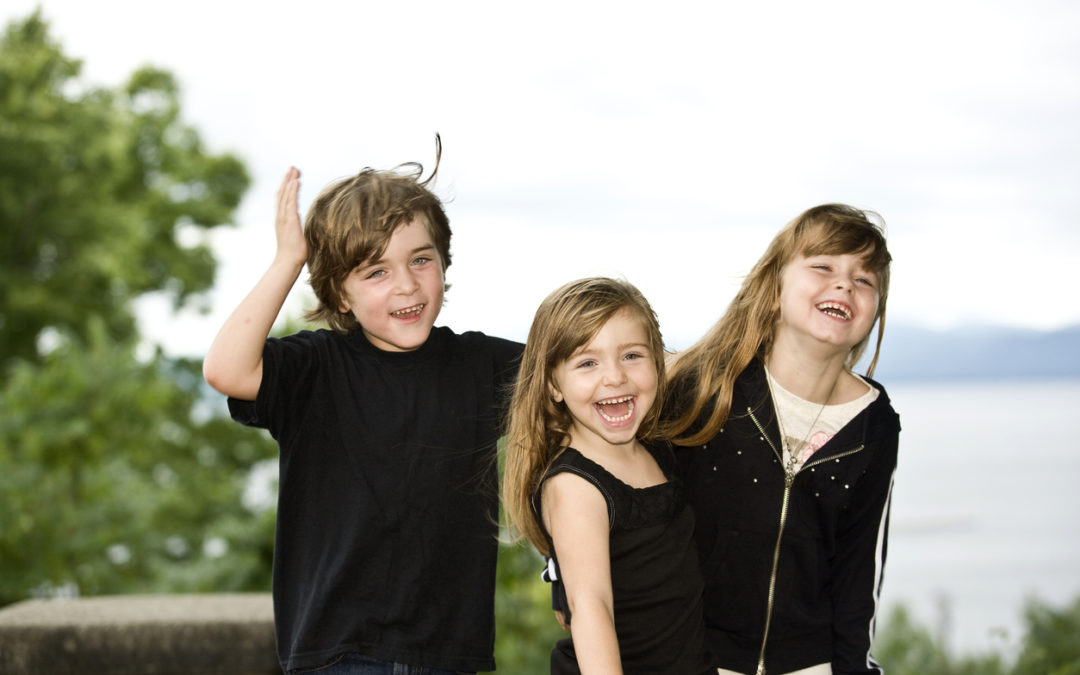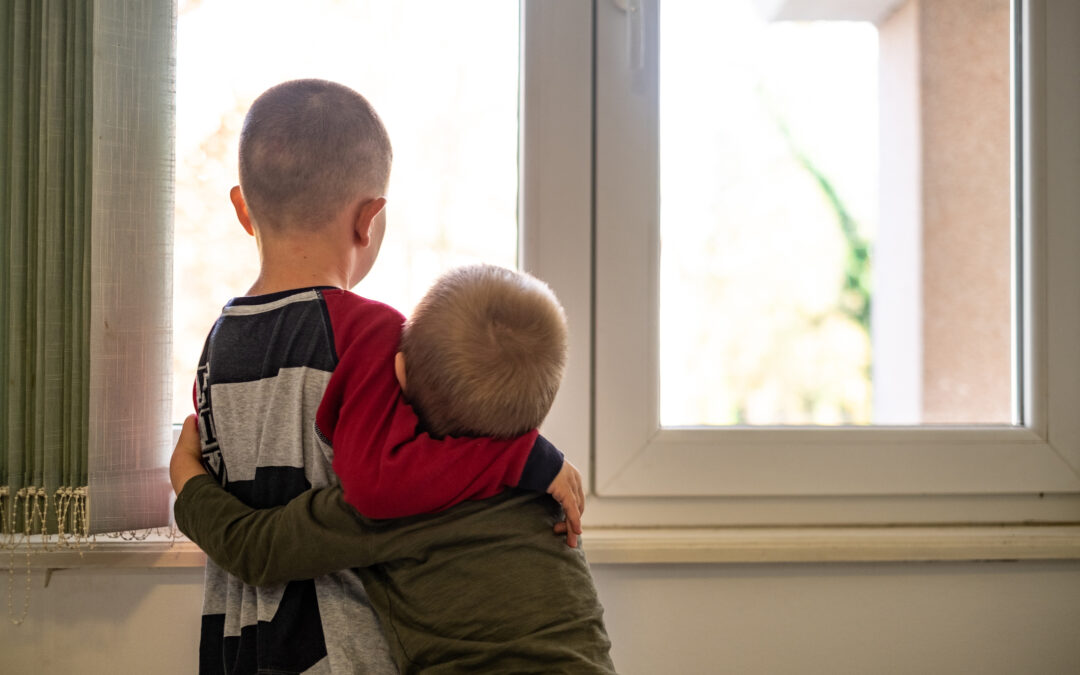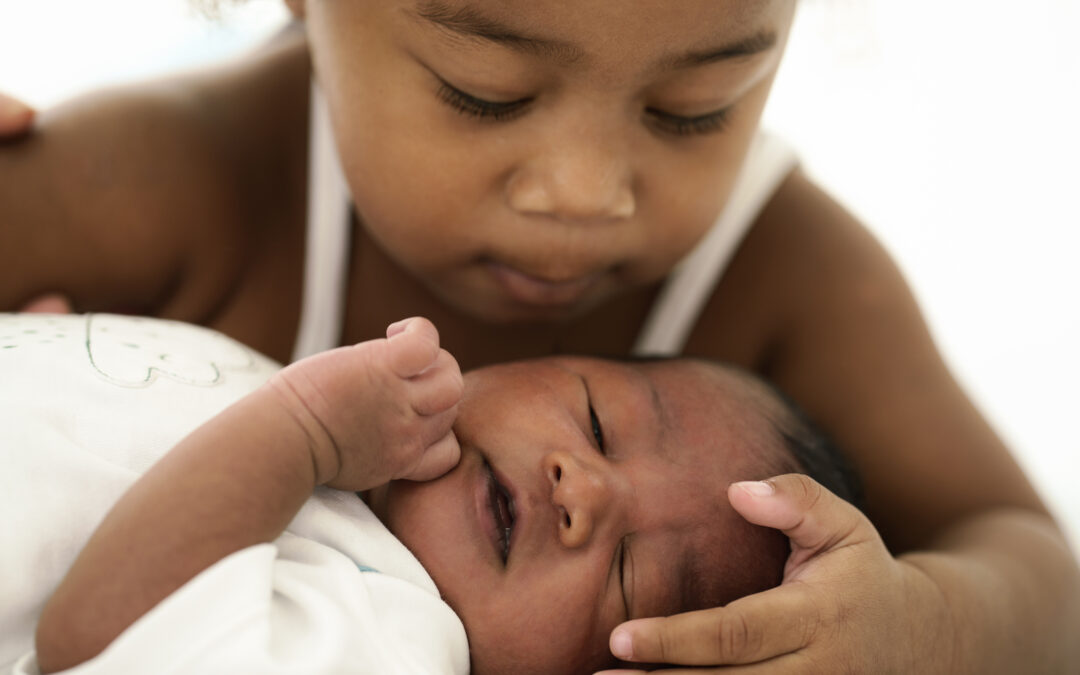Only one in five infants taken into care in Scotland who had older brothers or sisters were initially placed with them, according to a new study.
The report – Born Into Care – which was funded by the Scottish Government has been published today, Wednesday 13 April 2022.
The research, led by Dr Linda Cusworth, of Lancaster University, found that although on the whole families were known to services before their birth, and thus their arrival was expected, most infants were not placed with their older brothers and sisters. Two years later, only a third of children were living with a brother or sister.
The research team, from the Universities of Lancaster and Stirling, and from Stand Up For Siblings partner SCRA, analysed data for all 2,849 infants who entered the care system via the Children’s Hearing before they were a year old between 1st April 2013 and 31st March 2020, and looked in depth at the circumstances of 70 of those children and their families.
The study also explored the circumstances of families where infants were removed, uncovering complex needs relating to poverty and housing problems, mental health, substance misuse, domestic abuse and offending histories.
Researchers also found that many of the parents were recorded as having difficult and disrupted childhoods themselves, with significant proportions having experienced abuse or neglect. Over a third (37%) of mothers and a quarter (24%) of fathers were care experienced.
Around a third of parents did not have any older children. But the study found that this was not the first child who had become looked after away from home for many of the parents.
Nine out of ten of the mothers known to have older children had at least one child previously removed, with one in five having had three or more children taken into care.
Although less information was recorded for fathers, over half (56%) of those with older children were known to have had a previous child removed from their care.
Lead author Dr Linda Cusworth said: “It is clear from our study that these families have multiple and complex needs. This emphasises the need for a range of early, sensitive and flexible support services to support parents, including those who are care experienced, and those who have had a child previously removed from their care.”
Dr Cusworth added: “The decision to remove a child at or soon after birth is probably the most difficult decision that professionals can make to intervene in family life. It is traumatic for mothers, fathers and wider family networks. It is important to understand more about the circumstances in which removal of babies shortly after birth takes place in Scotland, and this study helps to provide some of that information.”
The use of population-level data by this study also enabled important comparisons with similar research on compulsory care proceedings in England and Wales.
This study found that infants under a year old formed 20% of all children who entered care via the Children’s Hearings System in Scotland. This is a lower proportion than other parts of the UK. In Wales, 30% of all children entering care proceedings between 2011 and 2018 were under a year old, while in England, this was 27% (between 2007/08 and 2016/17).
Between 2013/14 and 2019/20, the proportion of infants in Scotland who became looked after away from home as newborns (less than seven days old) was fairly stable at around a third. By comparison, in England and Wales the proportion of infants who entered care proceedings as newborns was higher, and showed an upward trend across the period – from 43% to 51% in England, and from 40% to 51% in Wales.
Professor Karen Broadhurst, who led the work in England and Wales, said: “The proportion of infants who enter care as newborns in Scotland is lower than in England and Wales, where there is a trend over recent years towards issuing care proceedings closer to birth.
“Our findings raise questions about differences in policy and practice in the three countries in relation to compulsory removal of infants at or close to birth, and seem to suggest that Scotland may be less pre-emptive.”





